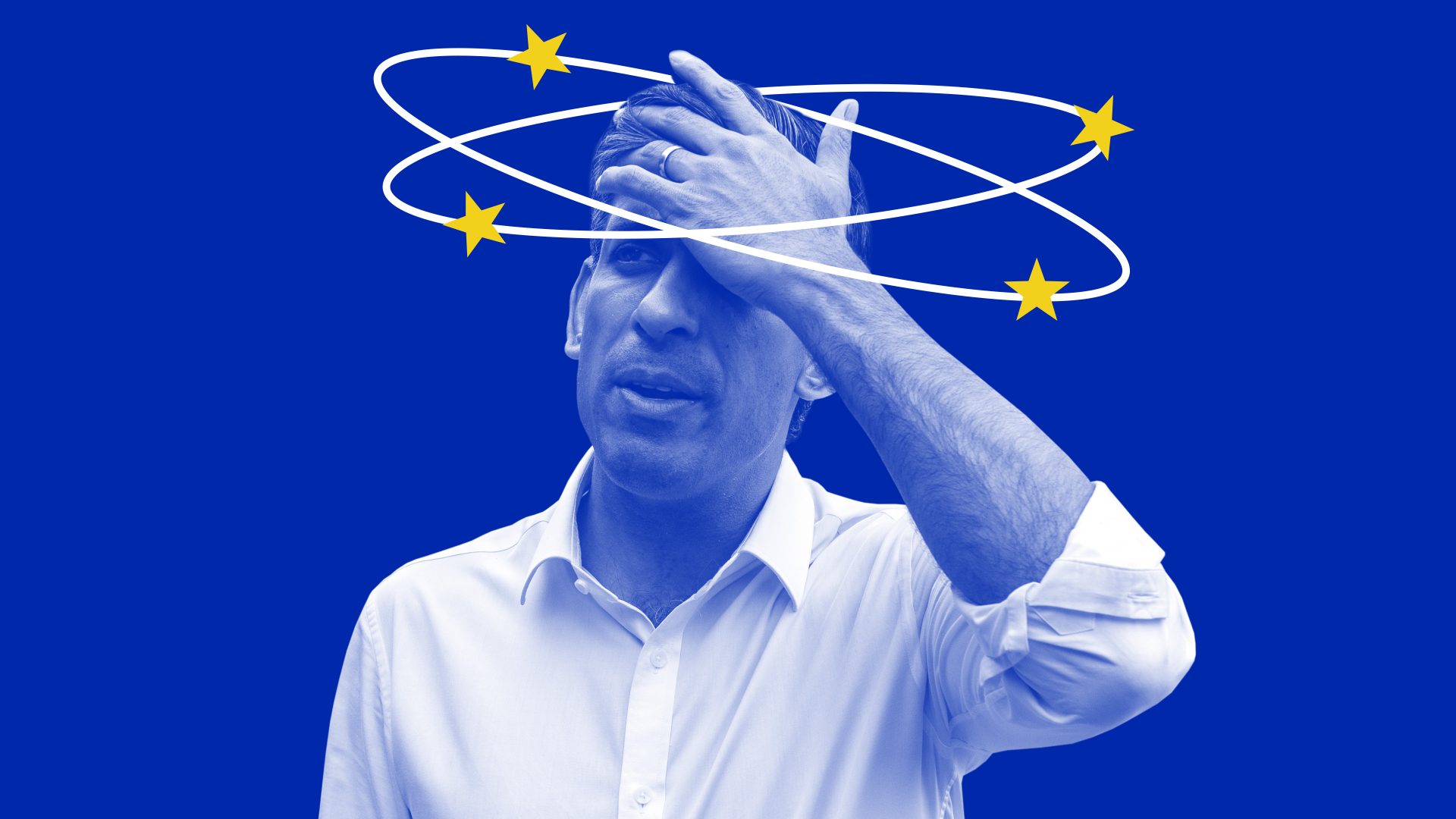The UK’s relationship with the EU has been far from perfect since Brexit. For much of the past two years tension and mistrust have hampered cooperation. However, the recent change in atmosphere, following the Windsor Framework agreement and close cooperation in the face of Russia’s invasion of Ukraine, provides a window of opportunity for a reset that must not be wasted.
In this context, the cross-party House of Lords European Affairs Committee has published a major report that considers how the UK-EU relationship should be developed from here to the mutual benefit of both parties.
We focused on a number of areas that we identified as critical and make a series of recommendations as to how move things forward. These involve a mixture of policy matters and broader structural suggestions. The common theme is communication. Throughout our work, we have seen consistent evidence of the need to improve communication internally within the UK (for example, with the devolved governments) and between the UK and the EU.
Improving the UK-EU relationship will be a challenging task. Now that the atmosphere has improved, to the credit of both parties and their major players, the next task is to begin to rebuild trust.
We have been especially struck by the disproportionate impact of post-Brexit barriers to the mobility of people between the UK and the EU on younger people. Making progress here will benefit all in the short term, but there are profound long-term benefits that would run in parallel.
We note the success of the youth mobility schemes that the UK has in place with countries including India, Australia and Canada. These schemes allow young people to travel and work for a limited period within a host country. We urge the UK government to discuss a similar arrangement with the EU constructively.
We also call on the government to explore adding a reciprocal element to the Turing programme, which would allow students from the EU, and the rest of the world, to go on placements in the UK. The Turing Scheme has proved a successful programme, but there is an opportunity for expansion and improvement.
Cross-border school visits between the UK and EU have fallen dramatically. Such visits have great value as a means of exposing children to different cultures and building a better understanding between young people. At the heart of the problem is the mutual requirement that every school child has their own passport. Many only have identity cards. The government should reintroduce a youth group travel scheme that would not require pupils travelling on school visits from any EU country to carry individual passports.
More generally, government guidance on business and professional travel between the UK and EU countries needs to be made more straightforward. We urge the government to ensure that this is updated on an ongoing basis.
A second area that we looked into was foreign policy security and defence cooperation. The UK-EU Political Declaration of October 2019, published alongside the Withdrawal Agreement, foresaw some formal structure here, but none was subsequently put in place, with the Government explaining that it preferred an ad hoc approach. Russia’s invasion of Ukraine has demonstrated the scale of shared challenges and the value of close cooperation in this area. We make a number of recommendations for small changes that would add some formal structure.
One part of this area that would benefit from a more structured approach is coordination of sanctions policy. Although cooperation on sanctions imposed on Russia is often referred to as a success, the overall sanctions regime needs to be more robust, especially in terms of the implementation and enforcement of sanctions and the evaluation of their success or failure.
Another part concerns high-level engagement between the UK and the EU and we recommend that the UK attends EU Foreign Affairs councils twice a year and that UK-EU summits commence. This will allow regular exchanges of views at all levels on matters of common interest in a world where there are a number of problematic authoritarian regimes.
A third area we looked into was the mutual dependence of the UK and the EU in energy security. The war in Ukraine has also underlined the importance of this. We recommend that cooperation in this area should be stepped up. An agreement should be reached to guarantee energy flows in a critical supply shortage.
The UK and the EU should also work together closely on installing additional interconnectors, and as part of this the North Seas Energy Cooperation structure is something we recommend the UK plays a full part in. We feel this will be a key building block towards achieving respective decarbonisation targets.
At the heart of the new relationship are the many structures set up under the TCA and the Withdrawal Agreement (32 committees of one sort or another). Much of the TCA structure (24 of the 32 committees) has been doing little due to the Northern Ireland Protocol impasse, operational but not operating. These now need to spring into action and enable all the many mutually beneficial small tweaks to the arrangements to be made.
The opportunity to improve the relationship to mutual benefit is here and must now be fully grasped.
Lord Kinnoull is Chair of the European Affairs Committee









